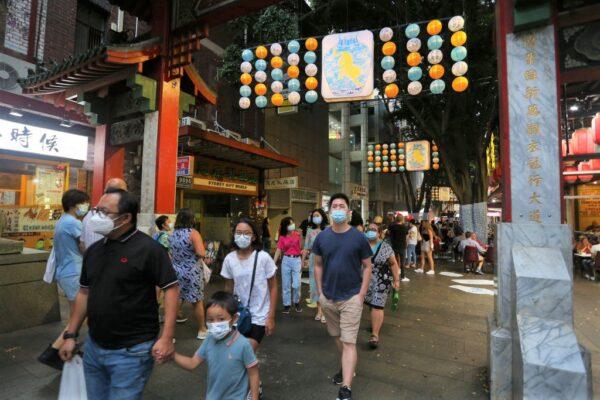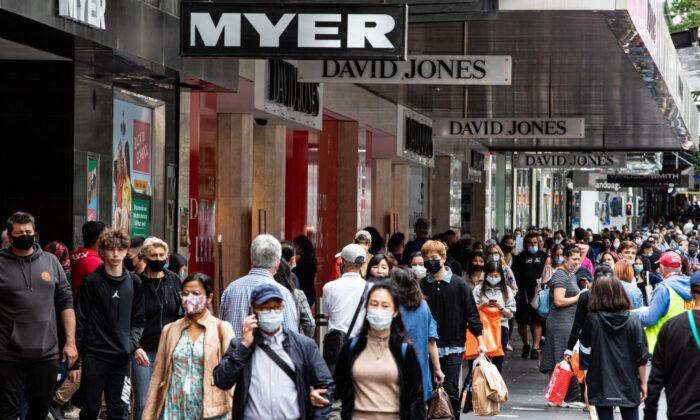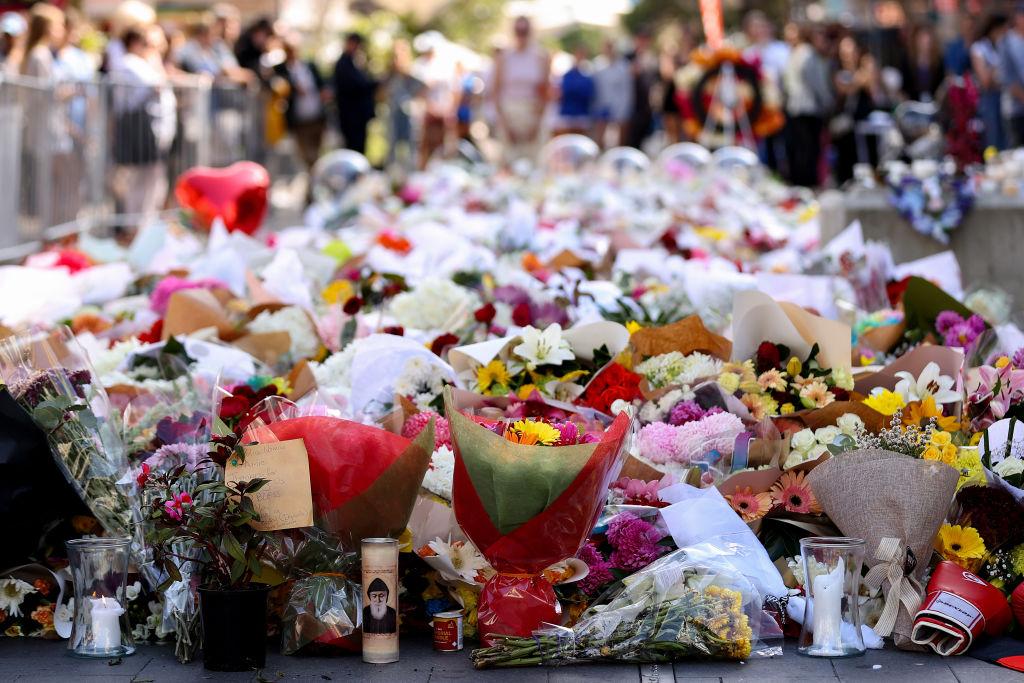Across the country, retail sales were 4.9 percent higher in January compared to the same time last year, and the figure is up 14.4 percent compared to two years ago.
Australian Retailers Association CEO Paul Zahra was pleased that the Omicron outbreak failed to dampen retail sales despite early concerns around foot traffic and staffing issues.
“January was an up and down month for retailers,” he said. “Overall, we’ve had a soft landing from Omicron and the impacts on sales have not been as severe as we originally feared.”
Towards the end of the month, the number of infections began trending downwards and close contact isolation rules for essential workers were eased.
Data from Mastercard also show that household goods were the top-performing category, up 10.4 percent from the previous year, followed by clothing sales.
Department stores fell in growth, the only retail category to do so and was the eighth consecutive month of negative results.
Every state and territory had positive results, with Victoria topping the leader boards.

However, Zahra noted that it remained an uneven recovery depending on the type of business and its location.
“Cashflow concerns remain a challenge for many retailers coupled with rising supply chain costs,” Zahra said.
Foot traffic in CBDs also continues to suffer as many office employees continue to work from home or have hybrid arrangements.
However, it is expected to improve as the international borders opened to double vaccinated tourists, visa holders, and business travellers on Monday.
“We are looking forward to the international border reopening, which is the first step towards the revitalisation of our city centres,” Zahra said.
Meanwhile, AMP Capital’s Australian Economic Activity Tracker improved to a pandemic-era high, as mobility, restaurant bookings, and job ads improved.
Prime Minister Scott Morrison expects wages to grow with the economy as the unemployment rate sits at 4.2 percent and companies fight over workers.
“Our businesses will be more prosperous as the economy grows, and I expect that businesses will be able to share those proceeds with their workers. They understand that.





